11.8 percent of musicians reported having “thoughts that you would be better off dead or hurting yourself in some way” in at least several days in the last two weeks, compared with 3.4 percent for the general population.
Active Intervention is vital when someone you love has expressed hurting themselves. Here are some ways to help intervene if a crisis situation occurs.
» Sit down and talk. This may be one of the hardest conversations you will ever have to have, but letting someone know that you are there for them and willing to listen to them can send a message of love and support that can have a profound impact. Having someone there to listen in crisis can make all the difference.
» Ask the difficult question: “Are you having thoughts about hurting yourself?” It may sound simple, but don’t dance around the issue. Be direct, compassionate and understanding.
» Engage in empathic active listening in a non-judgmental way. Show them that you hear them by repeating what they are saying to you and nodding yes and no.
» Assess their level of risk by asking the following questions (see chart below):
- Ideation: Are you feeling like you want to die, or do you wish you weren’t alive?
- Plan: Have you recently made any specific plans for how or when you would do it?
- Intent: Do you intend on acting on your plans?
- Preparation: Have you made specific preparations?
- Means: How would you carry out a plan to kill yourself ? Do you have the means to do it?
» If you find someone’s risk to be HIGH, DO NOT agree to keep any suicide plan a secret.
» Encourage them to call the National Suicide Prevention Lifeline number at 1-800-273-8255.
» Stay with them. If you cannot stay, make arrangements for them not to be alone.
» If they refuse to call on their own, let them know that out of your concern for their wellbeing, you have no choice but to call 911. Stay compassionate and understanding.





